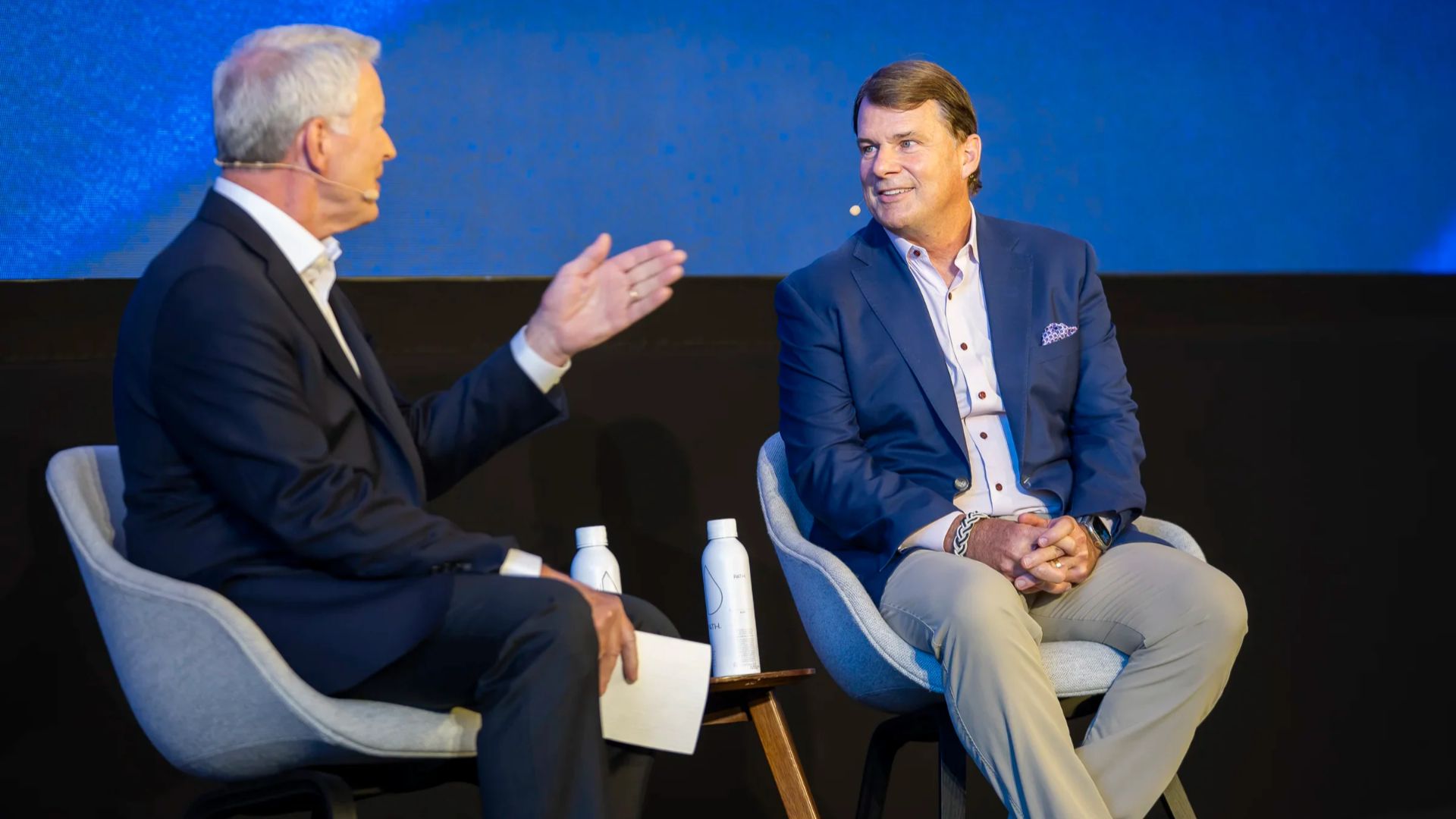Ford CEO Jim Farley joined a panel of business and government leaders this week to discuss America’s “essential economy” — the skilled labor force that keeps the nation running. But it was a story from his own family that captured the room’s attention and underscored a growing generational shift in how young Americans view college.
Farley said his son spent the summer working as a mechanic and came away with a surprising realization. “Dad, I really like this work,” he told his father. “I don’t know why I need to go to college.” The comment, Farley said, sparked a serious conversation at home — and, in many ways, reflected what’s happening across the country. “It should be a debate,” Farley added.
Farley’s remarks came during a keynote discussion with U.S. Labor Secretary Lori Chavez-DeRemer and Mike Rowe, founder of the Mike Rowe Works Foundation, which promotes skilled trades education. Rowe pointed to a troubling imbalance: for every two tradespeople entering the workforce, five are retiring. “The math isn’t mathing,” he said. “We’re running out of people who can build, fix, and make things.”
Both Rowe and Chavez-DeRemer noted that trade careers now offer competitive pay and job stability without the heavy debt burden of a four-year degree. According to federal data, many skilled workers — from electricians to machinists — earn more than college graduates, often starting near or above six figures. “If you want a good-paying job and a home, the trades should be on your radar,” Chavez-DeRemer said.
Rising tuition costs have added urgency to the conversation. Rowe recalled paying $12,000 for his college degree in the 1980s — an education that would now cost nearly $100,000. “Nothing has inflated faster than the cost of college,” he said, arguing that the stigma surrounding trade work has left many young people unaware of their options.
As the discussion turned to the rise of artificial intelligence, both panelists were optimistic that technology will complement, not replace, skilled workers. “AI is coming for coders, not welders,” Rowe quipped, emphasizing that blue-collar jobs — from electricians to pipe-fitters — remain essential to powering industries, including the very data centers that run AI itself.
Farley agreed, saying the essential workforce deserves renewed respect and investment. “These are the people who keep our world moving,” he said. “If my own son wants to be part of that, I think that’s something to celebrate — not debate.”
Via Yahoo Finance




